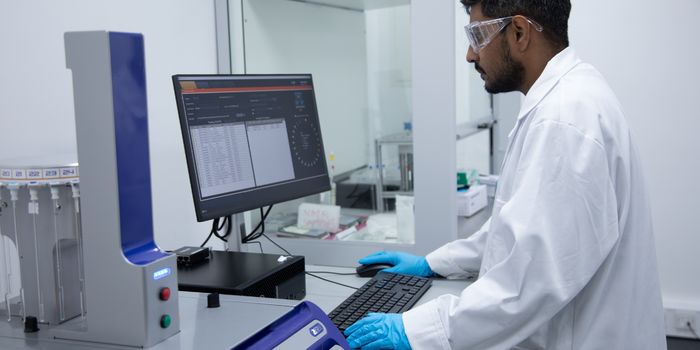Once-a-Month Contraceptive Pill Closer to Reality
While a variety of contraceptive options exist, each has its pros and cons. As many women understand, one of the major drawbacks of the daily birth control pill is remembering to take it. In some cases, taking it at the wrong time or missing a day increases the risk of unintended pregnancy and has resulted in about 9% of women using the pill becoming pregnant each year.
However, according to an article from the Associated Press, researchers are getting closer to making a once-a-month birth control pill a reality. The research team includes scientists and doctors from MIT and Brigham and Women’s Hospital and has received funding from The Bill & Melinda Gates Foundation. Their most recent research results were published yesterday in Science Translational Medicine.
The team needed to create a device that would not easily pass through the digestive system, and that could withstand the naturally acidic stomach environment. So, they modified technology currently being tested for the delivery of malaria and HIV treatments. Lead author Dr. Giovanni Traverso of Brigham and Women’s Hospital told the AP that they “Developed this capsule system that looks like a starfish, that can stay in the stomach several days, weeks, even a month at the time.”
Each ray of the six-armed device holds a portion of the total medication dosage. The device is placed in an easy-to-swallow capsule, and once the capsule dissolves, the device’s arms unfold to deliver the drug for three weeks. This allows for the typical one-week hormone-free period in which users potentially experience breakthrough bleeding. Additionally, the report states that this can serve as a reminder that it is time for the next monthly dose.
In a test using pigs, the team discovered that the monthly pill released about the same amount of levonorgestrel in the blood each day as a daily pill. While this success is undoubtedly a step in the right direction, there is still more work to be done before the capsule will be ready for human use. Additionally, the research report describes the need to make this contraceptive accessible in low-income countries where economic and cultural barriers could prevent access to it.
The team plans to continue to test revisions of their contraceptive delivery system in animals. Traverso and research co-author Robert Langer of MIT co-founded a company called Lydra Therapeutics to continue their work. Traverso told Time reporters, “We are very optimistic and confident that we can get this to humans in coming years.”
Sources: AP, Time, Science Translational Medicine









